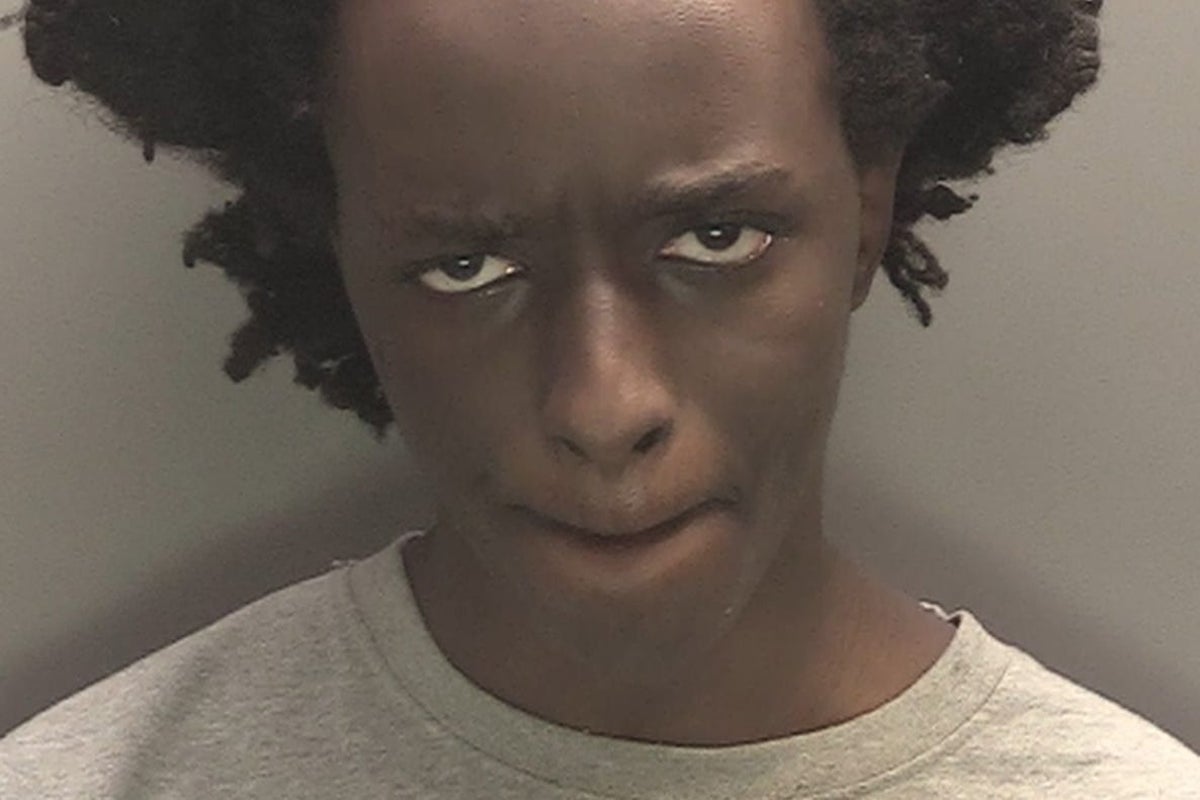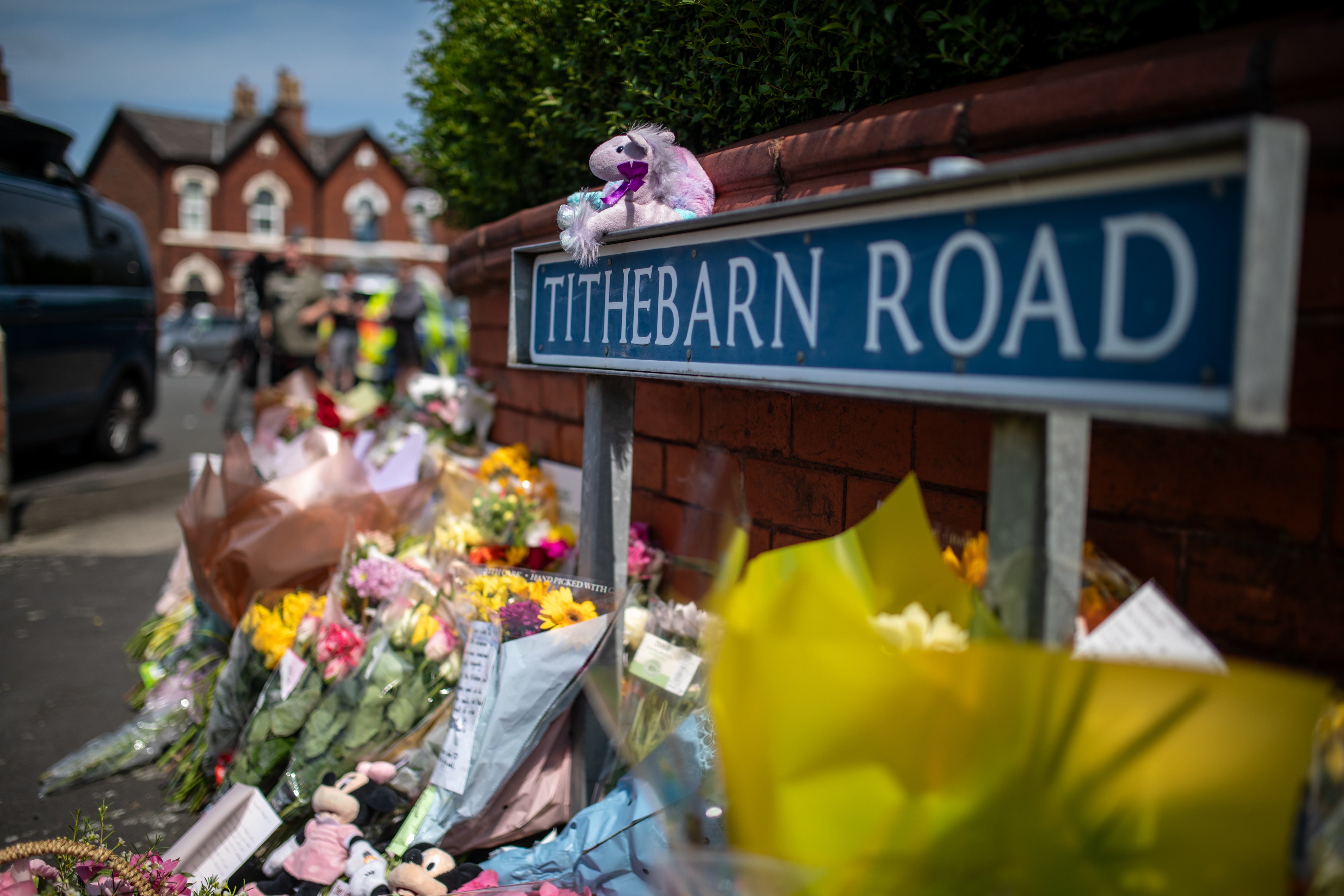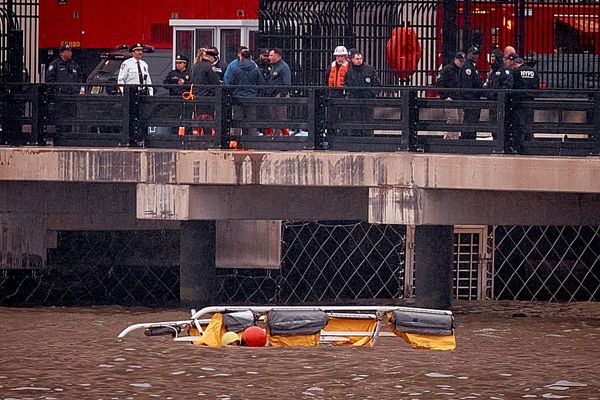
Southport killer Axel Rudakubana’s sentence was not unduly lenient and will not be referred to the Court of Appeal, the attorney general has said.
Rudakubana was jailed for a minimum of 52 years in January, after murdering three young girls and attempting to murder 10 others in a knife rampage at a Taylor Swift-themed dance class last July, when he was aged 17.
While the sentence was one of the highest minimum custody terms on record, it sparked criticism from some MPs and a parent whose child survived the attack.

But following multiple requests for the sentence to be reviewed, attorney general Lord Hermer KC responded on Friday night that he would not be referring the case to the Court of Appeal.
In his statement, Lord Hermer said: “The senseless and barbaric murder of three young girls in Southport last summer shocked our nation. No words come anywhere close to expressing the brutality and horror in this case.
“It was understandable that we received multiple requests to review the sentence under the unduly lenient sentence scheme, which is designed to identify and remedy gross errors made by judges.
“After careful consideration of independent legal advice and consultation with leading criminal barristers and the Crown Prosecution Service, I have concluded that this case cannot properly be referred to the Court of Appeal.
“No-one would want the families to be put through an unnecessary further court process where there is no realistic legal basis for an increased sentence.
"The 52-year sentence imposed by the judge was the second longest sentence imposed by the courts in English history. Rudakubana will likely never be released and will spend the rest of his life in jail.

“The government have set out the next steps that must now take place to ensure that these awful murders will be a line in the sand.
“My thoughts today are with the friends and families of Bebe, Elsie and Alice, as well as the other victims – your memories will not be forgotten.”
Rudakubana killed nine-year-old Alice da Silva Aguiar, Bebe King, aged six, and Elsie Dot Stancombe, seven, while attempting to murder eight other children who cannot be named for legal reasons, along with class instructor Leanne Lucas and businessman John Hayes.
The 18-year-old also admitted to possessing terrorist material – including an al-Qaeda training manual – and producing the toxin ricin.
Southport's MP, Patrick Hurley, previously asked the attorney general to review the killer's sentence as “unduly lenient”, alleging that it was “not severe enough”.
A parent of one of the children who survived the attack, who cannot be named because the victim has been granted anonymity by the court, previously told The Sun that Rudakubana's crimes were so horrific that he should “rot in jail” and that the law should be changed.
Rudakubana cannot legally receive a whole-life order, a punishment reserved for offenders aged 21 and over or, in rare cases, those aged 18 to 20, because of his age at the time of the attack. His punishment is thought to be the longest handed to a killer of his age.
After the sentencing, Conservative leader Kemi Badenoch claimed there was a “strong case” for amending the law to allow for whole-life orders to be imposed on people aged under 18 in some cases, which the Tories “will start to explore”.

Prime minister Sir Keir Starmer said at the time that the “vile offender will likely never be released”, and noted that it is not permissible under international law to imprison people for life in relation to crimes committed as a minor.
It was reported on Friday night that the families of the children Rudakubana murdered had been informed of the Attorney General’s decision not to refer the case to the Court of Appeal.
Last month, ministers announced a public inquiry into the Southport attack, after it emerged that Rudakubana had previously been referred three times to the government’s anti-terror scheme Prevent, and had been the subject of six separate calls to police.
Unrest erupted across the country in the wake of the attack, with mosques and hotels housing asylum-seekers among the locations targeted, after misinformation was spread online which falsely claimed the suspect had arrived in the UK on a small boat.

More than 1,000 arrests linked to disorder across the country have since been made and hundreds of people have been charged and jailed.
The disorder threatened to overwhelm the justice system as prison capacity was strained to the limit, amid calls by prison chiefs and inspectors for a national conversation about sentencing to ease the perpetual crisis behind bars.
The inmate population has nearly doubled to around 88,000 over the past three decades and is projected to hit 100,000 by 2029 – mostly a result of tougher sentences, with average tariff lengths having grown by half in the decade to 2021.
With tens of thousands of lower-level prisoners freed early under Tory and Labour schemes since October 2023 due to overcrowding, Sir Keir’s government has ordered a major review into sentencing, led by former Tory justice secretary David Gauke.
Additional reporting by PA







